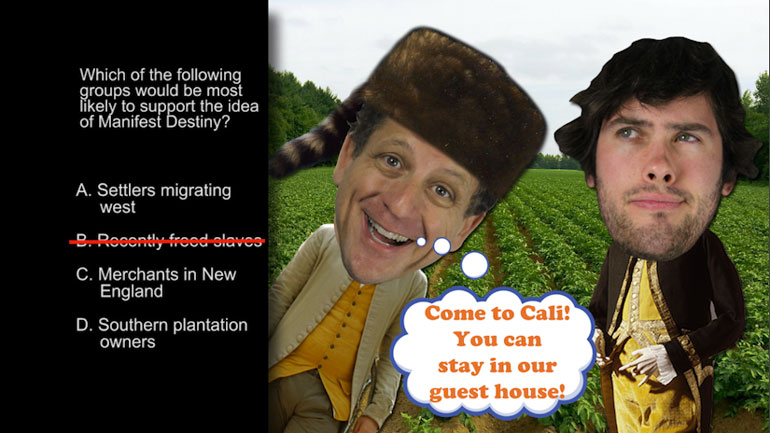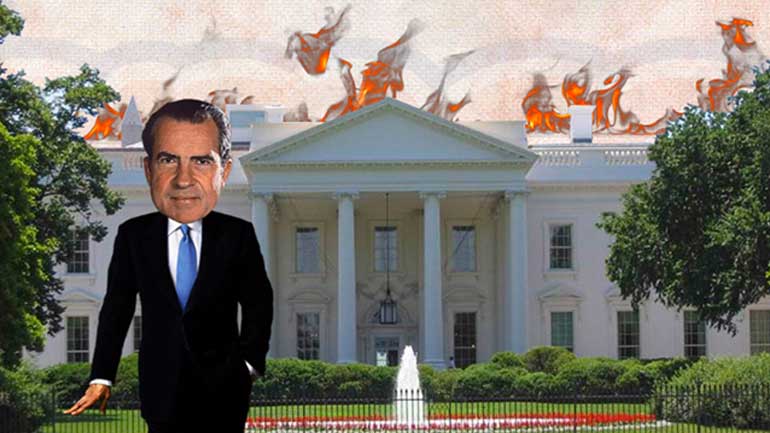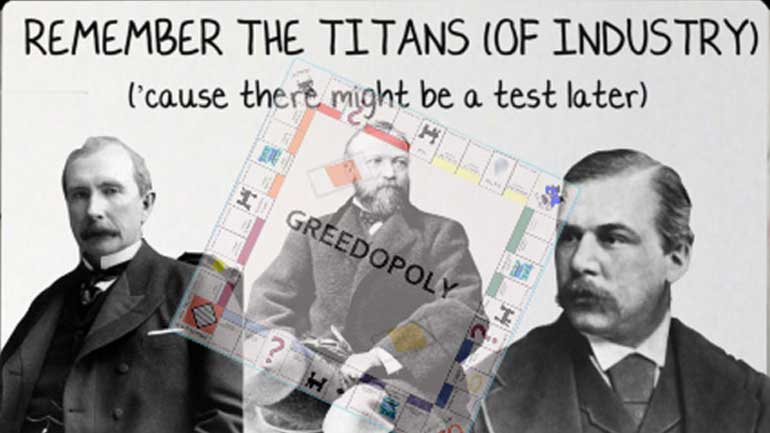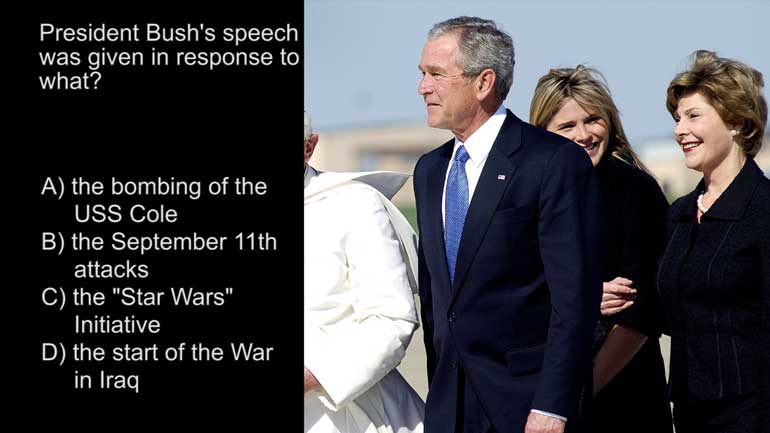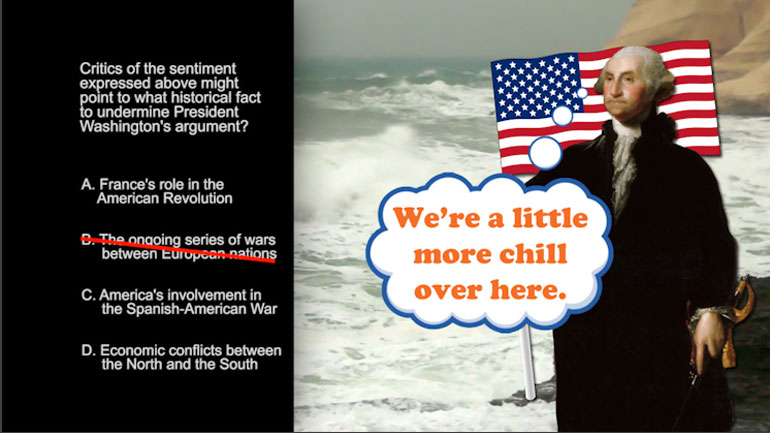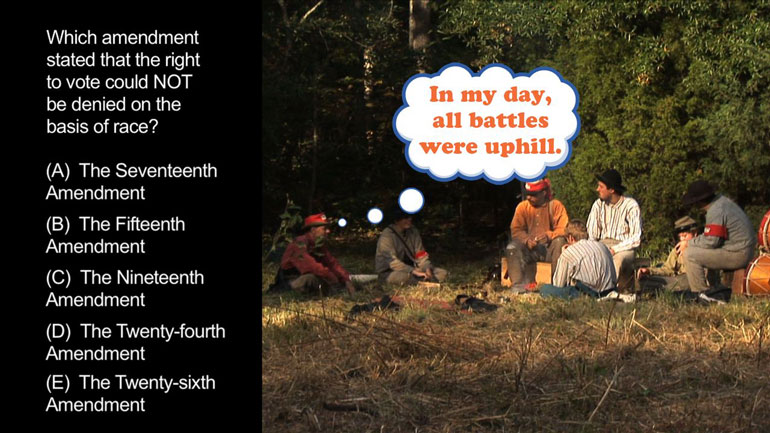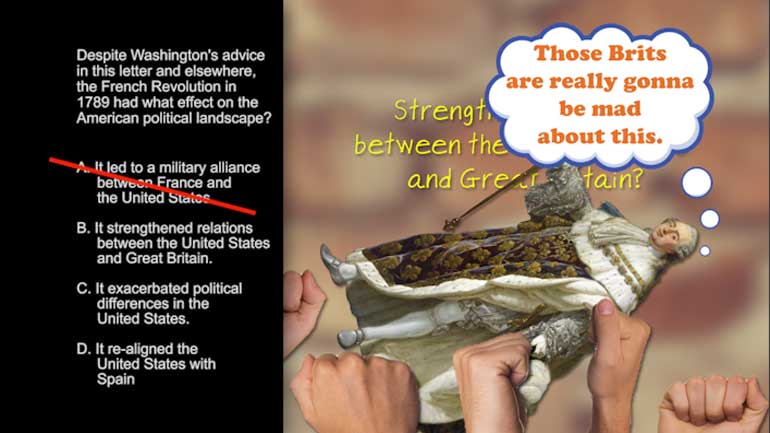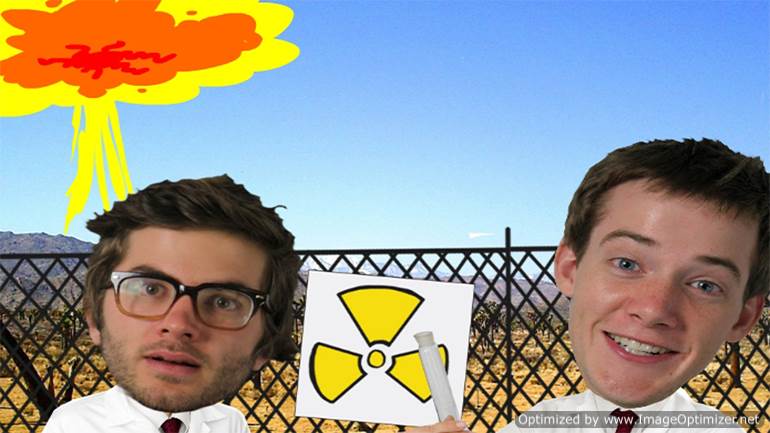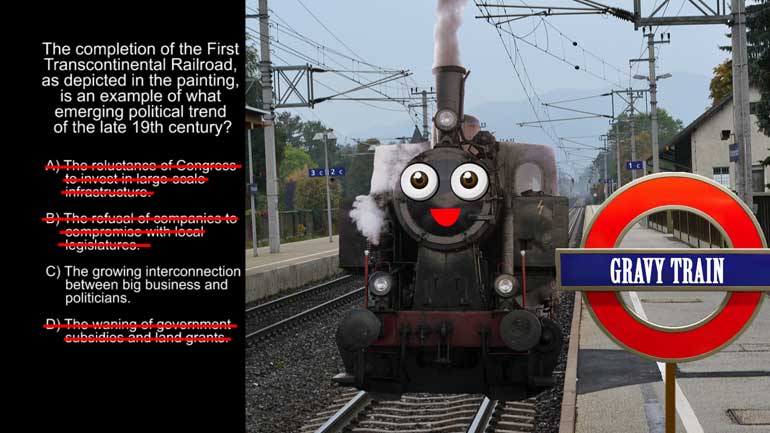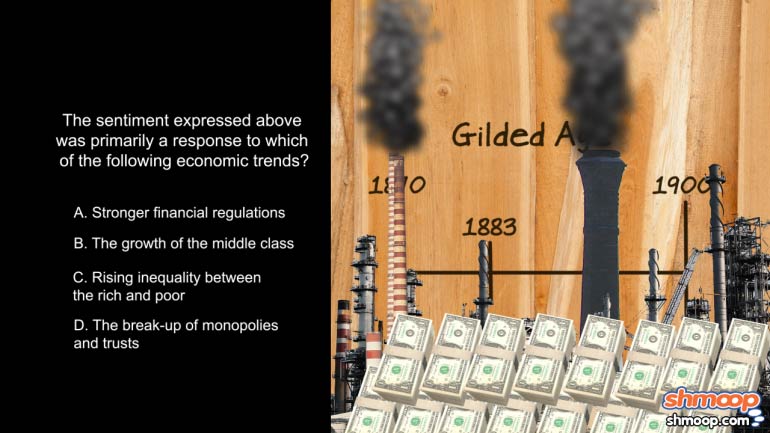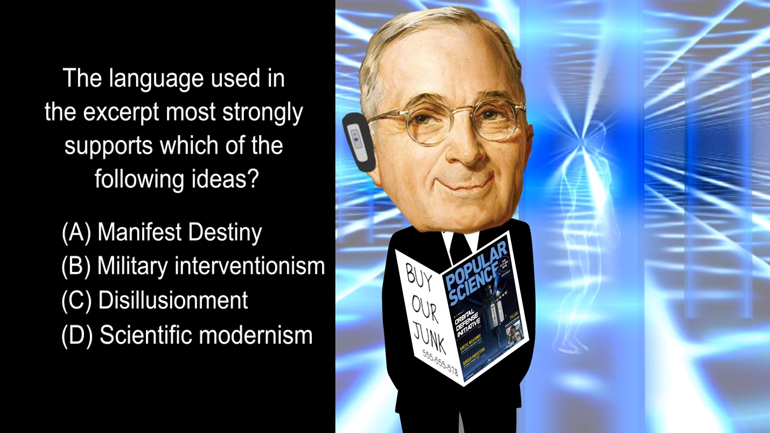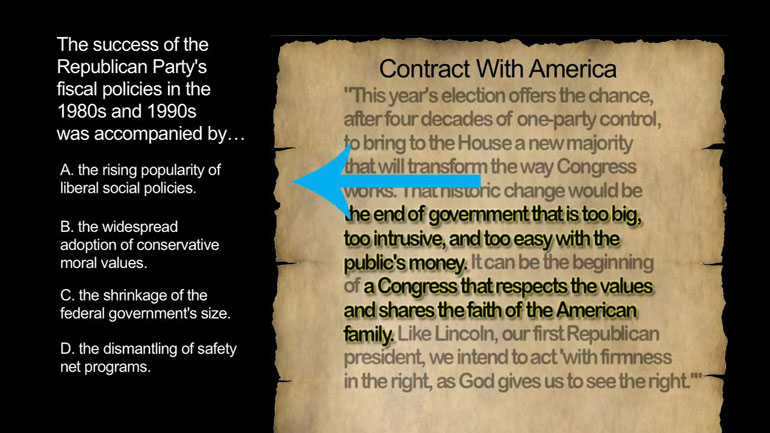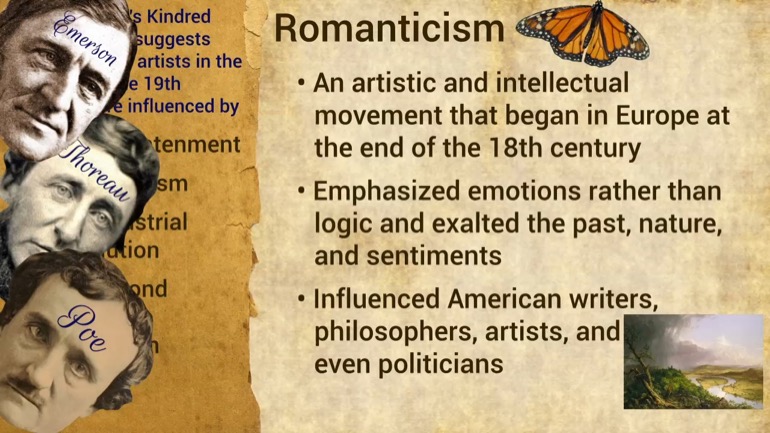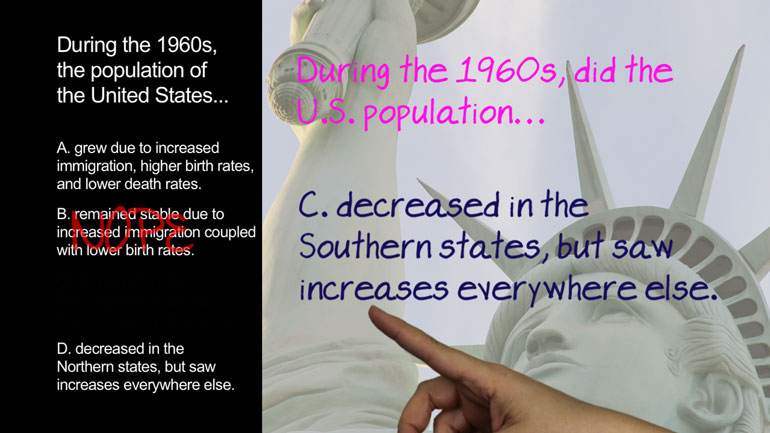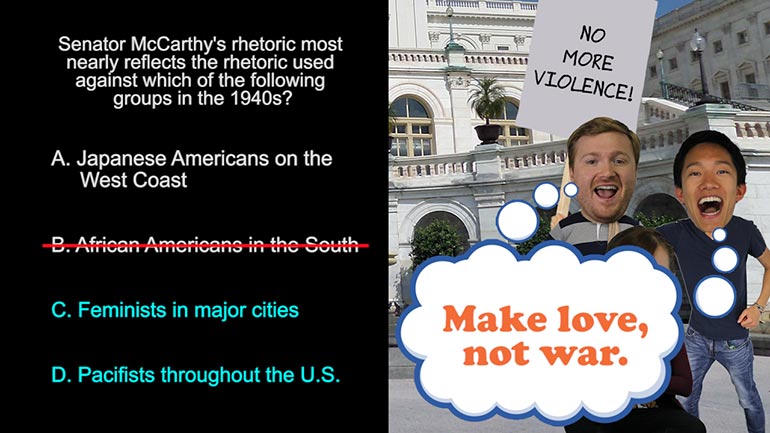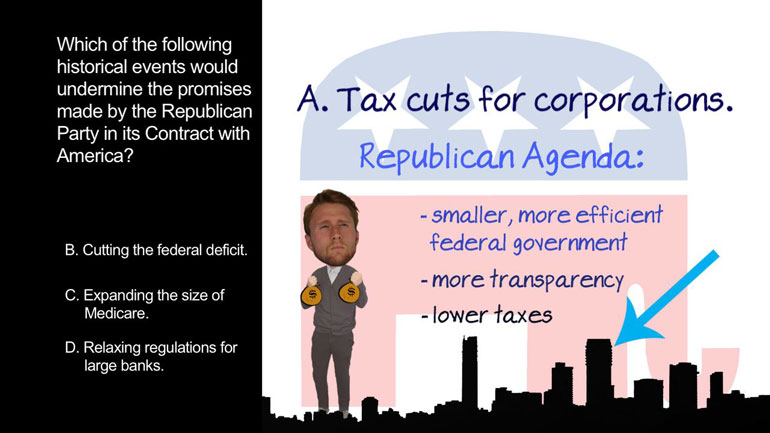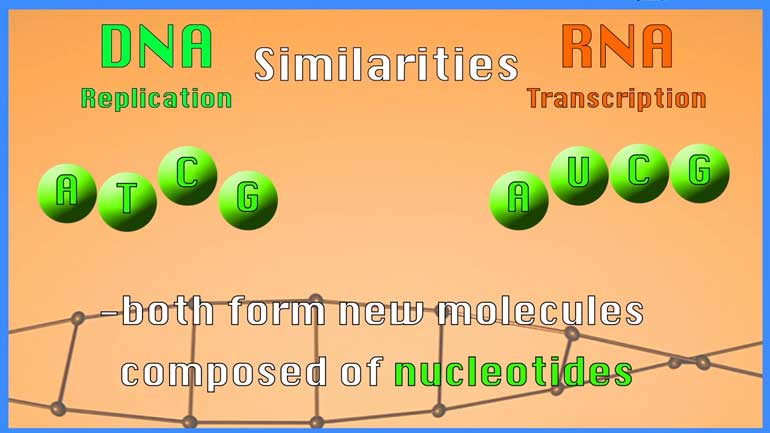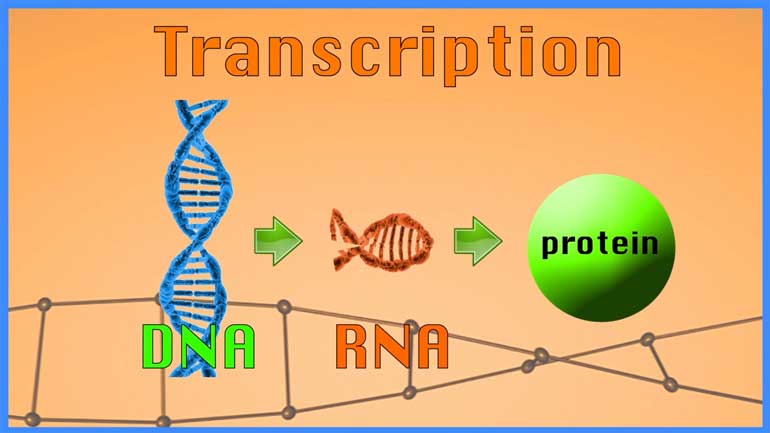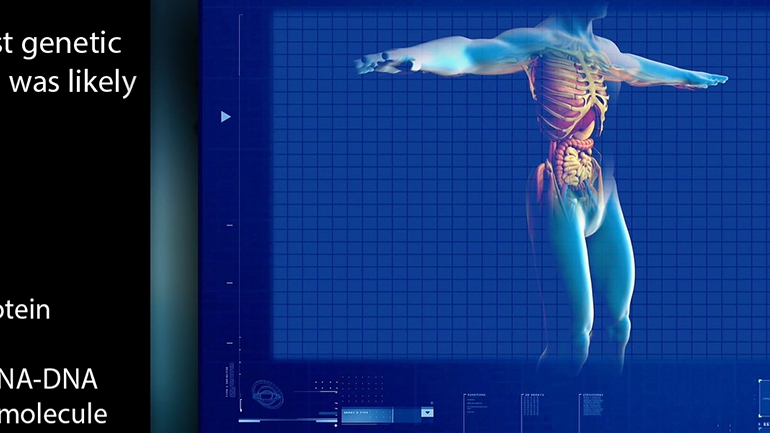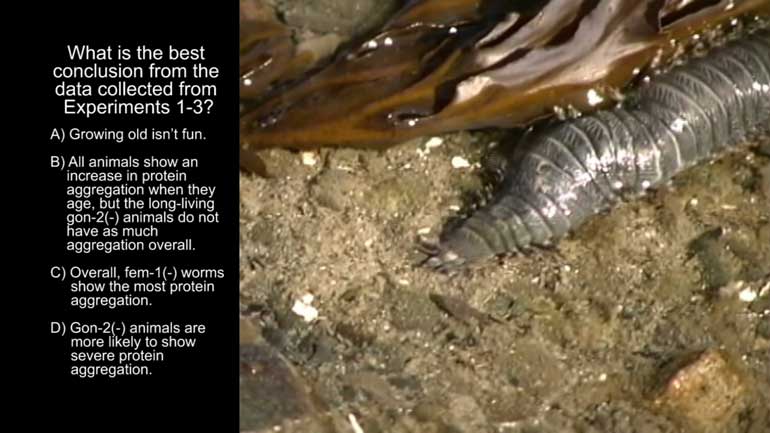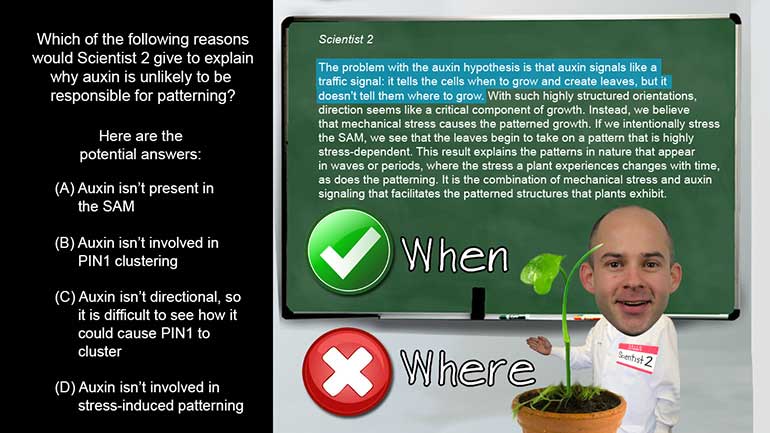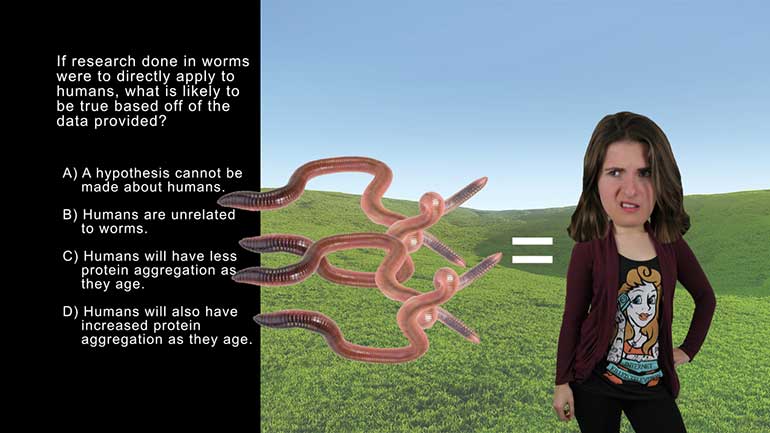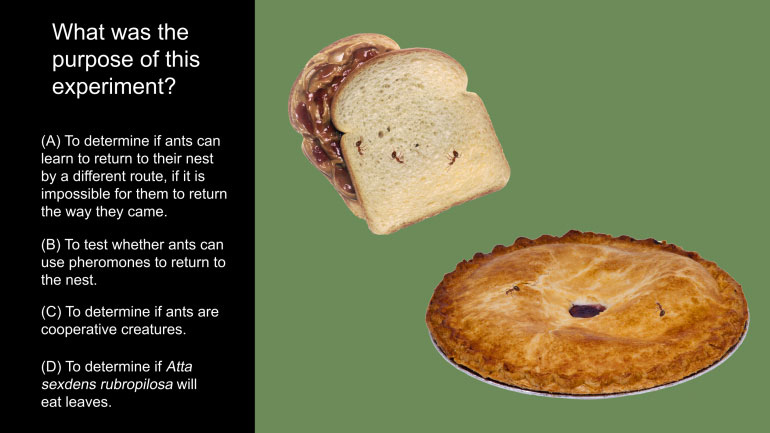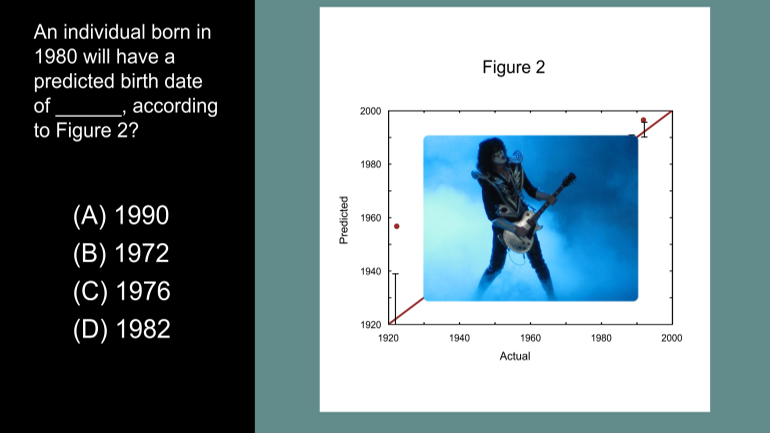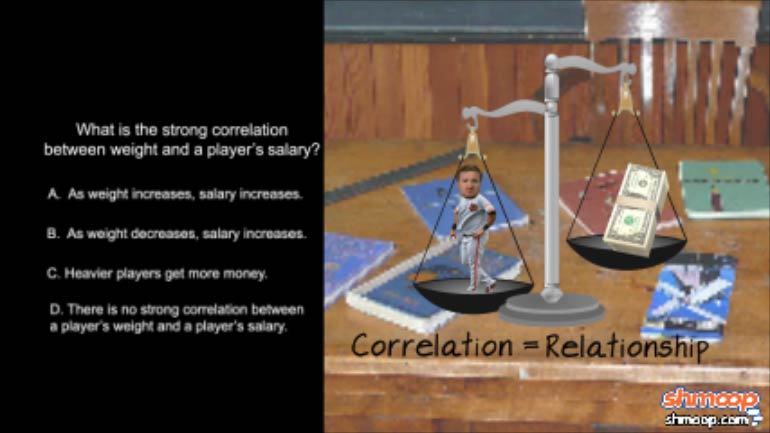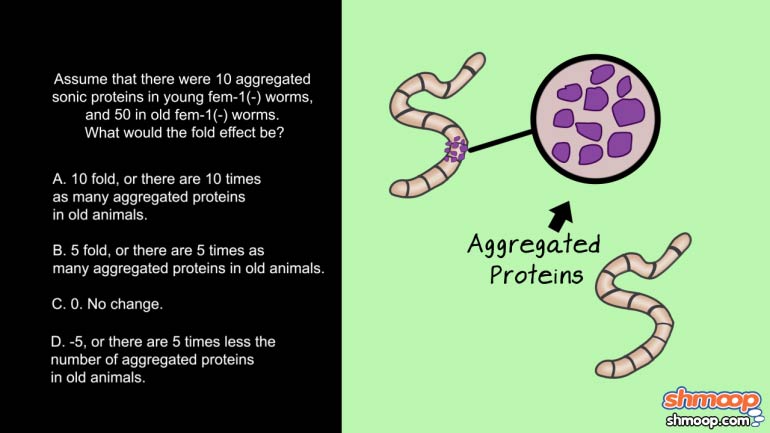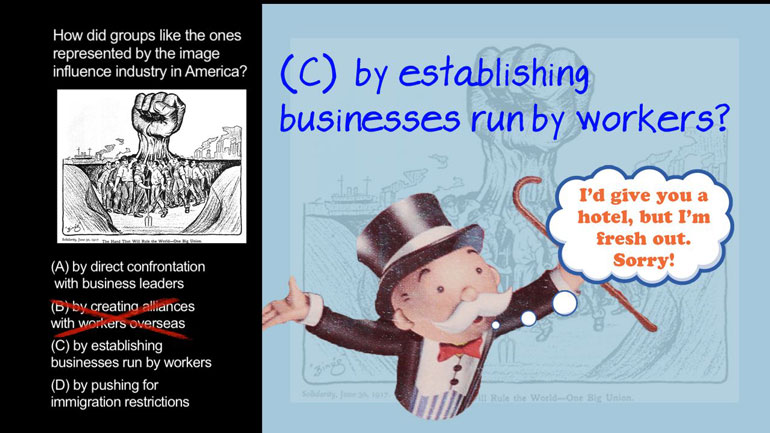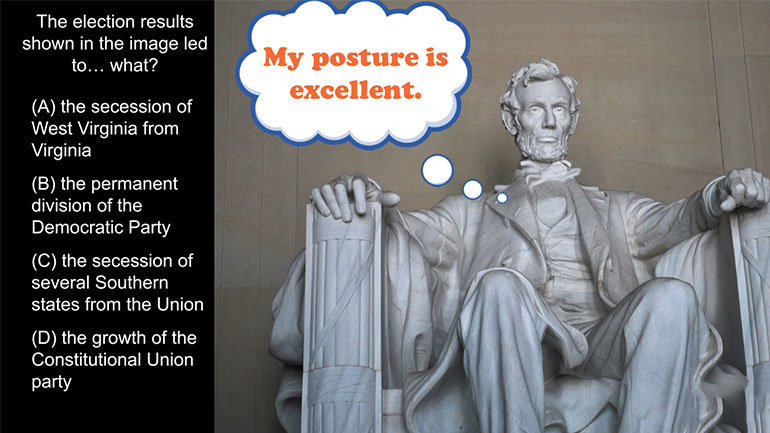ShmoopTube
Where Monty Python meets your 10th grade teacher.
Search Thousands of Shmoop Videos
Texas EOC Videos 540 videos
AP U.S. History 1.1 Period 5: 1848-1877. Which of the following groups would be most likely to support the idea of Manifest Destiny?
In the 1950s and 60s, people weren't just expressing their feelings toward the government—they were singing them, too. (Think Crosby, Stills, Nas...
Deal or no deal? FDR's New Deal provided hundreds of thousands of jobs in the public sector to bring the economy out of the Great Depression. It wa...
AP U.S. History 2.2 Period 9: 1980-Present 190 Views
Share It!
Description:
AP U.S. History 2.2 Period 9: 1980-Present. Trade within North America, compared to U.S. trade with the Middle East, has been...what?
Transcript
- 00:00
[ musical flourish ]
- 00:04
And here's your Shmoop du jour, brought to you by global trade,
- 00:07
the interplanetary alien exchange system.
- 00:09
[ oo-ee-oo ]
- 00:11
All right, take a look at this excerpt.
Full Transcript
- 00:12
[ mumbles ]
- 00:16
Trade within North America, compared to U.S. trade with the Middle East,
- 00:20
has been... what?
- 00:21
And here are your potential answers.
- 00:23
[ mumbles ]
- 00:27
[ mumbling continues ] All right.
- 00:29
First up, let's figure out the difference between
- 00:31
trade within North America and U.S. trade with the Middle East.
- 00:36
If you look at the excerpt,
- 00:37
NAFTA increased volumes of trade and investment
- 00:41
within North America.
- 00:43
That's some big business right there.
- 00:44
Now think about U.S. trade with the Middle East.
- 00:47
We know that region is rich with oil,
- 00:50
and since the U.S. has an age-old affair with fossil fuels,
- 00:54
that exchange is probably a bit stickier.
- 00:57
Let's see which answer can best describe these differences.
- 01:00
Compared to U.S. trade with the Middle East,
- 01:02
has trade within North America been A -
- 01:05
relatively more strained due to disagreements about the terms of NAFTA?
- 01:10
Well, based on our thinking above, trade within North America
- 01:13
is definitely less strained than
- 01:15
that of the Middle East. You know, good neighbors and all.
- 01:18
So that takes down A and B.
- 01:21
Has trade within North America been C -
- 01:23
relatively less strained due to ongoing conflict
- 01:26
between Canada and Saudi Arabia?
- 01:29
Hmm. Canada doesn't have any specific
- 01:32
conflict with Saudi Arabia that we know about.
- 01:35
Which means that, compared to U.S. trade with the Middle East,
- 01:38
trade within North America has been D -
- 01:40
relatively less strained due to U.S. dependence on fossil fuels.
- 01:45
Fossil fuels may be hundreds of millions of years old,
- 01:48
but they still impact our lives today in a very real way.
- 01:51
U.S. dependence on fossil fuels has been a sore subject
- 01:54
for many reasons, a major one being that it made the U.S.
- 01:57
dependent on foreign trade, especially with the oil-rich Middle East.
- 02:01
So D is the right answer.
- 02:03
In the last few years though, domestic fuel production
- 02:05
has increased dramatically, lessening U.S.
- 02:08
dependence on foreign oil. Talk about a gas problem.
- 02:11
[ chuckles ]
- 02:12
[ hissing ]
Related Videos
AP U.S. History Diagnostic 1. Relationships like the one shown in the image resulted in the development of...what?
AP U.S. History Diagnostic 15. How did groups like the ones represented by the image influence industry in America?
AP U.S. History Diagnostic 10. What led to the splintering of the political parties shown in the image?
AP U.S. History Diagnostic 11. The election results shown in the image led to...what?
AP U.S. History Diagnostic 12. How did the Reconstruction Acts open up political opportunities for former slaves?
